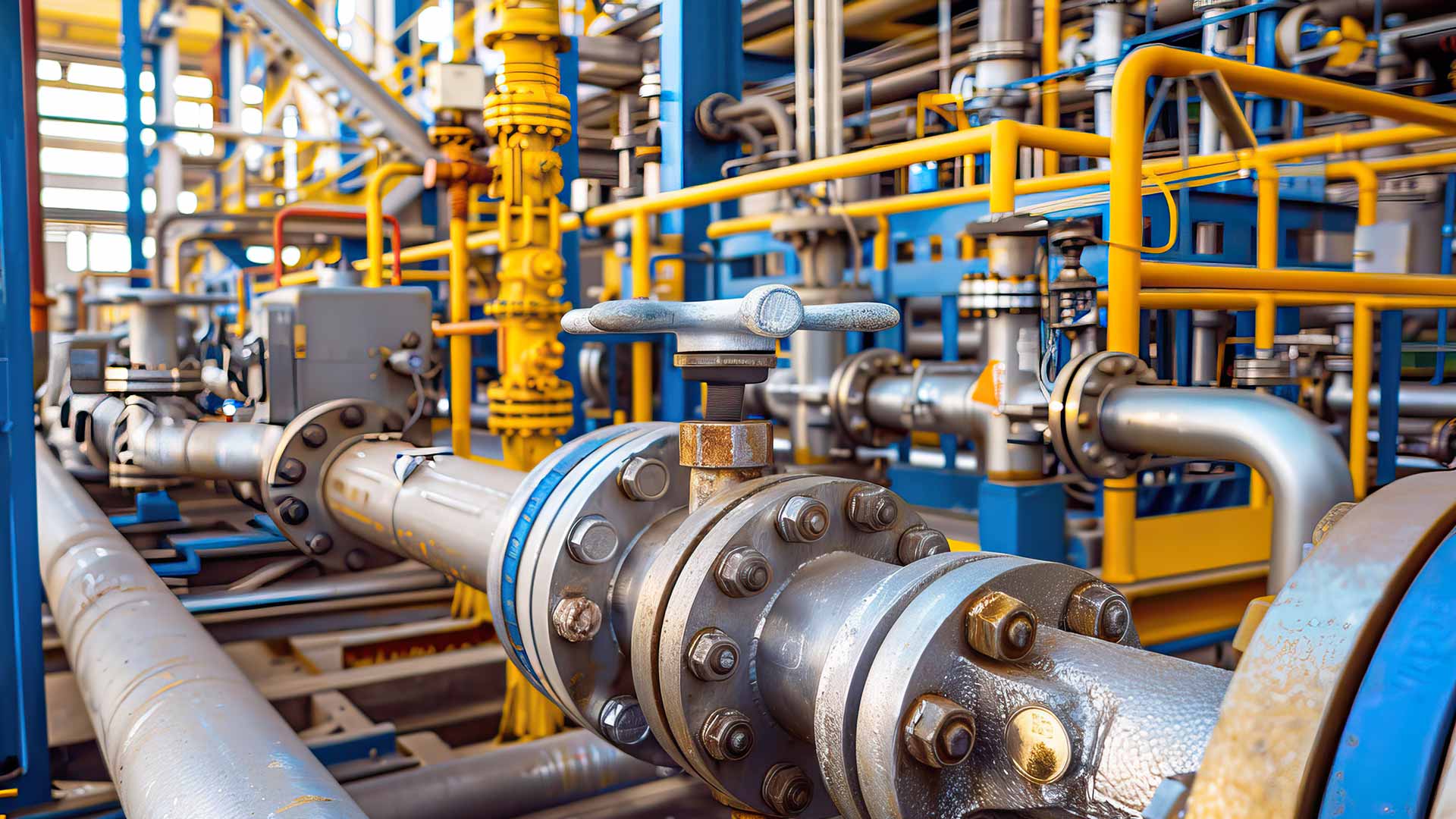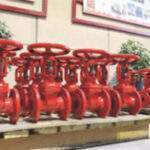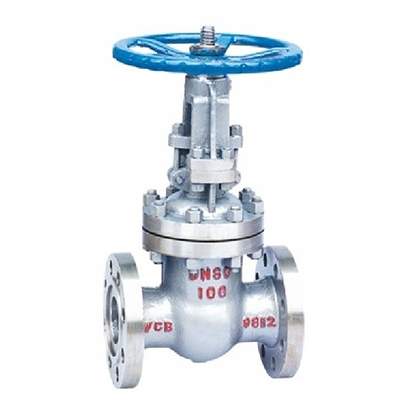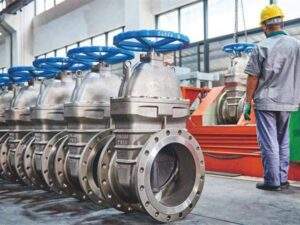Welcome to My Blog!
Before we dive into the content, if you’re interested in our products or have any questions, please feel free to visit our Contact Us page on the website. Our team is ready to assist you with inquiries, orders, or any support you may need.
Now, let’s get started on our journey together. I hope you find the content here insightful, engaging, and valuable.
What is a Pressure Control Valve?

Pressure control valves are critical components in both hydraulic and pneumatic systems, designed to regulate and maintain a specific pressure level within a system. They ensure that machinery and equipment operate safely and efficiently by preventing system pressure from exceeding predetermined limits, which could otherwise cause damage to components or create safety hazards.
Unlike relief valves, which only release excess pressure when it occurs, pressure control valves actively maintain a constant pressure within a defined range. This function is especially important in systems where consistent operation is required, such as in industrial manufacturing, robotics, and automated production lines.
Pressure control valves operate by adjusting the flow of fluid in response to system pressure changes. They may use either direct-acting mechanisms, which respond immediately to pressure fluctuations, or pilot-operated mechanisms, which rely on a smaller pilot valve to control a larger main valve. This allows for precise regulation of fluid pressure, even in complex hydraulic or pneumatic networks.
Types of Pressure Control Valves
Pressure control valves come in a variety of types, each optimized for specific applications:
- Direct-Acting vs Pilot-Operated Valves: Direct-acting valves are simple and fast-responding, making them ideal for smaller systems with lower flow rates. Pilot-operated valves, on the other hand, provide precise control for larger systems or high-flow applications. They use a secondary pilot to manage the main valve, reducing wear and providing stable pressure even under variable loads.
- Adjustable vs Fixed Pressure Control Valves: Adjustable valves allow operators to set and modify the desired pressure, offering flexibility for systems that may change over time. Fixed valves, in contrast, come pre-set from the manufacturer, ensuring consistent and reliable performance for applications with stable requirements.
- Specialized Types: Other types include sequence valves, pressure reducing valves, and unloading valves. Sequence valves ensure operations occur in a specific order, pressure reducing valves maintain lower pressure in specific sections of a system, and unloading valves protect pumps from overload conditions. Each type serves a specialized role in optimizing industrial system performance.
Understanding the differences between these types helps engineers and operators select the best valve for their unique system requirements.
Applications of Pressure Control Valves
Pressure control valves are widely used across industries where precise fluid control is critical. Their main applications include:
- Industrial Hydraulic Systems: In factories and heavy machinery, pressure control valves ensure smooth operation of presses, CNC machines, and hydraulic lifts. By maintaining constant pressure, they prevent equipment failure, reduce downtime, and enhance overall operational efficiency.
- Pneumatic Systems: In automated assembly lines, packaging machines, and robotics, pressure control valves regulate compressed air pressure to maintain accurate motion and consistent performance. Without these valves, fluctuations in air pressure could compromise product quality and machine longevity.
- Specialized Industrial Applications: Pressure control valves are essential in energy production, automotive manufacturing, and chemical processing. They protect sensitive equipment from overpressure, ensure regulatory compliance, and allow systems to operate efficiently under varying environmental and operational conditions.
By understanding the applications of pressure control valves, businesses can choose the right valve to improve system reliability and reduce maintenance costs.
How to Choose the Right Pressure Control Valve
Selecting the right pressure control valve requires careful evaluation of multiple factors:
- Factors to Consider: Pressure rating, flow capacity, operating temperature, material compatibility, and environmental conditions are all crucial. Choosing a valve that does not match system requirements can lead to inefficiency, increased wear, or even system failure.
- Common Mistakes to Avoid: Avoid selecting a valve based solely on price or size without checking its pressure range and response characteristics. Incorrectly specified valves can cause unstable pressure, safety hazards, or frequent maintenance issues.
- Adjustable vs Fixed: Adjustable valves provide flexibility for systems that may require future modifications or expansions, while fixed valves are ideal for stable systems with predictable operating conditions. Evaluating your system’s current and future needs is key to making the right choice.
A careful selection process ensures optimal system performance, longer valve life, and lower operational costs.
Installation and Maintenance Tips
Proper installation and regular maintenance are critical to maximizing the lifespan and performance of pressure control valves:
- Installation Steps: Ensure the valve is correctly oriented according to the flow direction, clean all connections to prevent contamination, and tighten fittings to the manufacturer’s recommended torque. Incorrect installation can lead to leaks, pressure fluctuations, or premature wear.
- Routine Maintenance: Inspect valves periodically for signs of wear, corrosion, or leaks. Clean or replace internal components like seals, springs, and diaphragms as needed. Regular maintenance prevents unplanned downtime and ensures continuous system reliability.
- Troubleshooting Common Problems: Pressure fluctuations, valve chatter, or slow response times often indicate contamination, worn parts, or improper installation. Addressing these issues promptly helps maintain system efficiency and prevents costly repairs.
Following these installation and maintenance guidelines ensures that pressure control valves operate safely, efficiently, and reliably over the long term.
Top Pressure Control Valve Brands and Suppliers
Choosing a reputable manufacturer or supplier is crucial for obtaining reliable pressure control valves:
- Leading Manufacturers in 2025: Top brands offer high-quality valves with detailed technical documentation, performance certifications, and long-term support. Recognized brands ensure durability and compliance with industry standards.
- Online Suppliers and Ordering Options: Many suppliers provide comprehensive online catalogs, datasheets, and customization options for specialized applications. Ordering online can streamline procurement, provide competitive pricing, and simplify technical support access.
- Comparing Brands and Models: Evaluate valves based on material quality, pressure ratings, customer reviews, warranty, and after-sales support. This helps select a valve that delivers consistent performance and reliability for industrial applications.
By carefully selecting the right brand and supplier, businesses can reduce maintenance issues and improve system efficiency.
Pressure Control Valve Pricing and Buying Guide
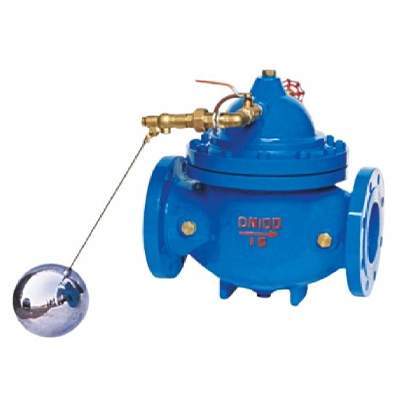
Understanding pricing and purchase options helps businesses plan budgets and procurement strategies:
- Average Cost and Price Ranges: Prices vary depending on valve type, size, material, and performance capabilities. Standard industrial valves are typically more affordable, while custom-designed valves may cost more.
- Custom Valves and Special Orders: Some systems require tailored valves to meet specific pressure ranges, environmental conditions, or industry standards. Custom valves provide precise performance but may require longer lead times and higher costs.
- Getting the Best Deals: Compare multiple suppliers, consider bulk purchasing options, and inquire about technical support or warranties. Purchasing from reputable suppliers ensures both cost-efficiency and reliable valve performance.
A thorough understanding of pricing and purchasing options helps businesses make informed decisions while optimizing operational efficiency.
FAQ
What is a pressure control valve?
A pressure control valve is a device that regulates and maintains the desired pressure in hydraulic or pneumatic systems, ensuring safe and efficient operation.
How does a pressure control valve work?
It adjusts the flow of fluid within a system in response to pressure changes, either through direct-acting or pilot-operated mechanisms, to keep pressure stable.
What are the common types of pressure control valves?
Common types include adjustable valves, fixed valves, direct-acting valves, and pilot-operated valves, each suited for specific industrial applications.
How do I choose the right pressure control valve for my system?
Consider system pressure, flow requirements, material compatibility, and whether adjustable or fixed valves are needed to match your operational needs.
Can pressure control valves be repaired?
Many valves can be serviced by replacing worn components like seals and springs, but severely damaged valves may need full replacement.
Need Expert Advice? Contact Our Team to Choose the Right Pressure Control Valve for Your Application.

